Fundamentals of Electric Circuits continues in the spirit of its successful previous editions, to present circuit analysis in a manner that is clearer, more interesting, and easier to understand than other, more traditional texts. Students are introduced to the sound, six-step problem-solving methodology in chapter one and are consistently made to apply and practice these steps in practice problems and homework problems throughout the text. A balance of theory work and extended examples, practice problems, and real-world applications, combined with over 468 new or changed homework problems, complete this edition. Robust media offerings render this text to be the most comprehensive and student-friendly approach to linear circuit analysis out there. This book retains the “Design a Problem” feature, which helps students develop their design skills by having the students develop the question as well as the solution. There are over 100 “Design a Problem” exercises integrated into problem sets in the book.
McGraw-Hill's Connect is also available as an optional add-on item. Connect is the only integrated learning system that empowers students by continuously adapting to deliver precisely what they need—when they need it and how they need it—so that class time is more effective. Connect allows the professor to assign homework, quizzes, and tests easily and automatically grades and records the scores of the student's work. Problems are randomized to prevent the sharing of answers and may also have a “multi-step solution,” which helps move the students' learning along if they experience difficulty.
About the Author
Matthew N. O. Sadiku received his PhD from Tennessee Technological University, Cookeville. From 1984 to 1988, he was an assistant professor at Florida Atlantic University, where he did graduate work in computer science. From 1988 to 2000, he was at Temple University, Philadelphia, Pennsylvania, where he became a full professor. From 2000 to 2002, he was with Lucent/Avaya, Holmdel, New Jersey, as a system engineer and with Boeing Satellite Systems as a senior scientist. He is currently a professor at Prairie View A&M University.
Dr. Charles K. Alexander is a Professor of Electrical and Computer Engineering at Cleveland State University, Cleveland, Ohio. He is also the Director of the Center for Research in Electronics and Aerospace Technology (CREATE). From 2002 until 2006, he was Dean of the Fenn College of Engineering. He has held the position of Dean of Engineering at Cleveland State University, California State University, Northridge, and Temple University (acting Dean for six years). He has held the position of Department Chair at Temple University and Tennessee Technological University, as well as the position of Stocker Visiting Professor (an Endowed Chair) at Ohio University. He has held faculty status at all of the aforementioned universities.
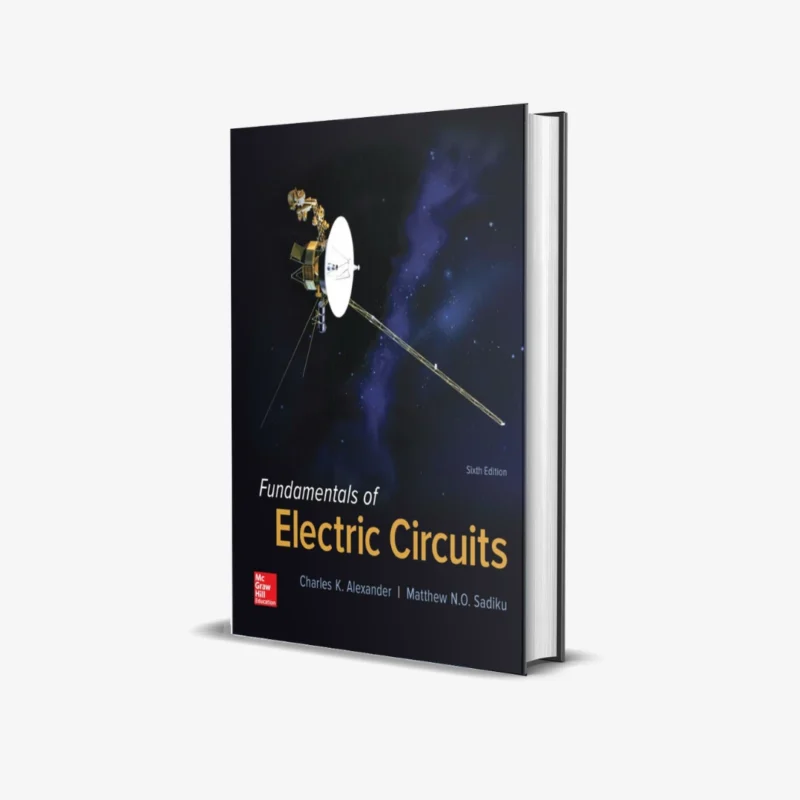

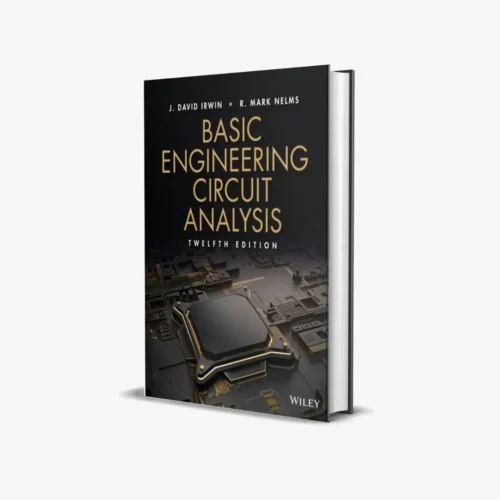
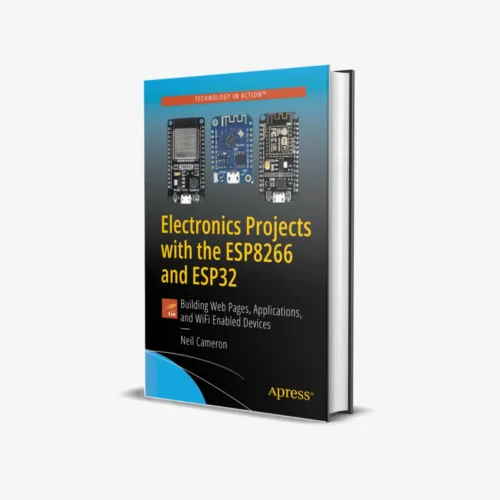


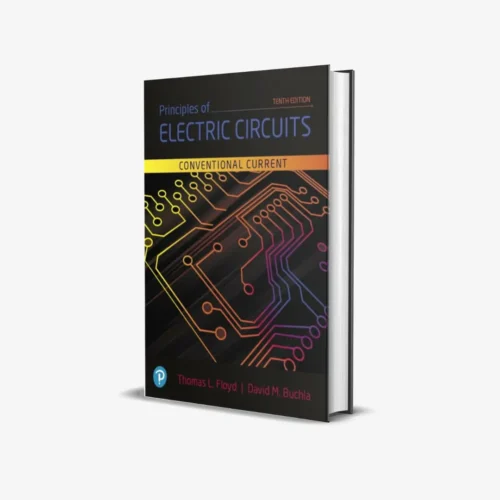
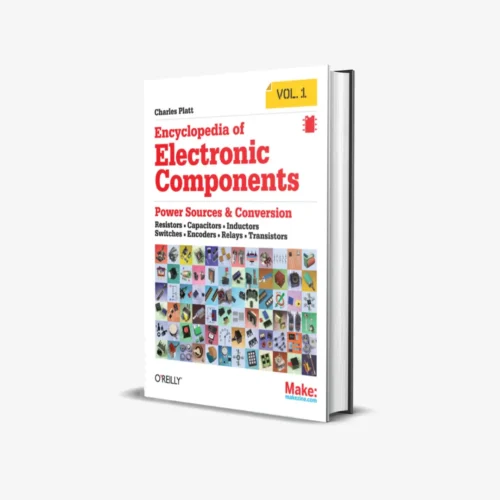

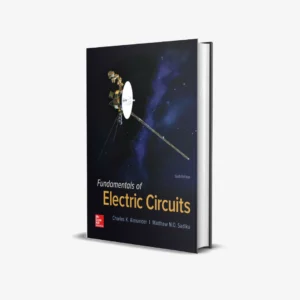
Reviews
There are no reviews yet.